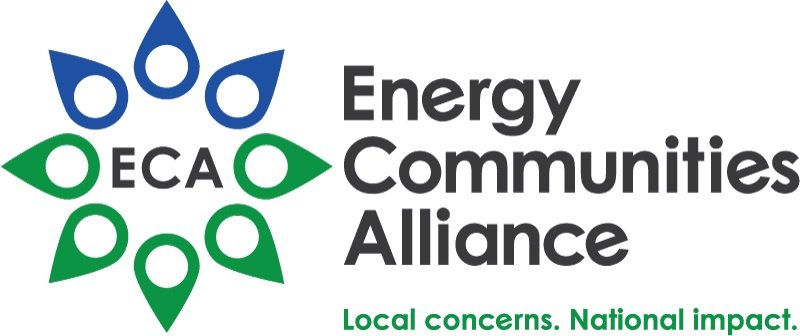House Appropriations Committee releases details for FY 2021 energy appropriations
The House Appropriations Committee will mark up the FY 2021 energy spending bill today.
The House Appropriations Committee released the bill report for Fiscal Year 2021 Energy and Water Development spending, with increased funding for cleanup and the National Nuclear Security Administration (NNSA). The Office of Science and Office of Nuclear Energy (NE) would also receive funding increases.
NNSA Funding Increase with Workforce and University Focus
The new funding bill would provide a $1.3 billion increase for NNSA for a total of $18 billion in FY 2021 compared to last fiscal year’s appropriations; the spending boost would mostly support increased weapons activities and the expansion of plutonium pit production.
In the report, the committee identifies several STEM and workforce programs that would receive funding within the NNSA budget, including university collaboration, the National Laboratory Jobs ACCESS Program, and training partnerships with Historically Black Colleges and Universities. The committee also encouraged DOE to “to support pre-apprenticeship and apprenticeship programs focused on technical skills needed for positions at the national laboratories,” and reminded DOE to submit two reports requested last year regarding workforce readiness and workplace diversity at national labs.
Defense Environmental Cleanup Funding Increases
While the House and Senate Armed Services Committees both recommended lower funding (around $5 billion) for defense environmental cleanup in the National Defense Authorization Act, the House appropriations bill would provide $6.3 billion, a $66 million increase above FY 2020 funding. The bill would also provide $315 million for non-defense environmental cleanup, a $4 million decrease below FY 2020.
The House appropriations bill would provide an increase or flat funding in defense environmental cleanup for nearly every site. A site-by-site breakdown of the funding in the current report is available on ECA’s website HERE. The House appropriations figures are subject to change during today’s committee markup.
Funding for Interim Storage
The House bill would provide $27.5 million for Nuclear Waste Disposal, $20 million of which is specifically for interim storage. In the report, the committee expressed concern about “the lack of details in the Department’s proposal for interim storage activities.” Additionally, the committee wrote, “Within available funds in this account for interim storage, the Department is directed to move forward under existing authority to identify a site for a federal interim storage facility. The Department is further directed to use a consent-based approach when undertaking these activities.”
Support for New Nuclear Energy
The committee noted the $1.4 billion appropriation for NE would invest in “research, development, and demonstration activities that develop the next generation of clean and safe reactors, further improve the safety and economic viability of our current reactor fleet and contribute to the nation’s long-term leadership in the global nuclear power industry.”
Increased funding would be provided for advanced reactor demonstration and research, including $280 million to support the reliability and sustainability of the Materials and Fuels Complex (MFC) and the Advanced Test Reactor (ATR). Additionally, the bill would allocate nearly $50 million for nuclear energy workforce programs at universities.
Other appropriations highlights include:
The Office of Science would receive $7 billion, a $50 million increase above the FY 2020 level.
The Advanced Research Projects Agency—Energy would receive $435 million, a $10 million increase above FY 2020.
The Office of Legacy Management (LM) would receive $166 million, a $5 million increase above FY 2020. The committee rejected the administration’s proposal to transfer the Formerly Utilized Sites Remedial Action Program (FUSRAP) to LM, therefore the House appropriation for LM is less than the President’s $317 million request.
The Defense Nuclear Facilities Safety Board would receive $31 million, the same amount appropriated as last fiscal year.
The committee reminded DOE of its authority to transfer excess property to Community Reuse Organizations “in order to promote economic diversification and job creation in communities where the Department’s sites are located.”
The committee expressed concern with DOE Order 140.1, Interface with the Defense Nuclear Facilities Safety Board, directed DOE to enter into a Memorandum of Understanding with the Board to govern how the organizations interact and interface.
The House Energy and Water Development Appropriations bill report, set to be marked up today by the full committee, is available HERE.

